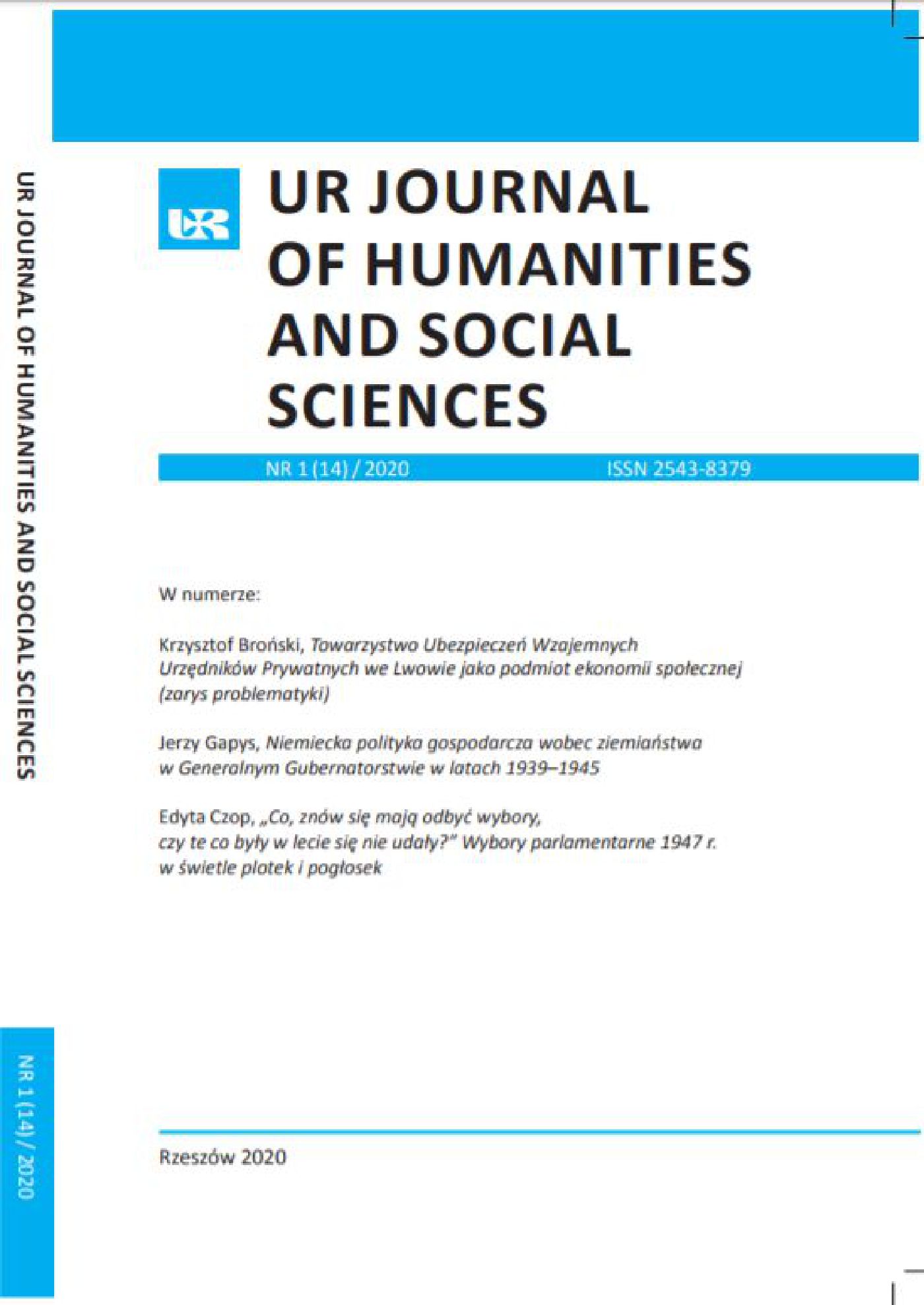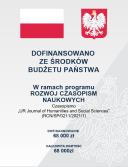Between propaganda and reality – the image of workers’ hostels in the Kujawy and Pomerania region in 1950–1980
DOI:
https://doi.org/10.15584/johass.2020.1.8Keywords:
worker’s hostels, workplace, migration, everyday life, ideologisation and, politicisation, social and living conditions, own placeAbstract
At present, the concept of a workers’ hostel (hotel robotniczy) and to a lesser extent of a young worker’s home (dom młodego robotnika) is closely associated with the communist period of the People’s Republic of Poland. It is often identified with large construction sites and dynamic labour fluctuation, as well as mismanagement, notorious untidiness, and noisy drinking bouts and brawls. In the conditions of state socialism, workers’ hostels were to fulfil the role of a substitute for a permanent flat for out-of-town workers until they were allotted their own home. The actual situation was more complex, which resulted primarily from the difficult state in the house building sector. This article presents the problems of organization and control of social life in factory hostels. The image of a worker staying in collective lodgings is presented in the light of ideological and educational programmes as well as the scale of their implementation. Moreover, the daily life in hostels is presented, devoid of their propaganda messages, creating the actual quality of labour rest in the described places.Downloads
Download data is not yet available.
Downloads
Published
2020-03-30
How to Cite
Kujawa, J. (2020). Between propaganda and reality – the image of workers’ hostels
in the Kujawy and Pomerania region in 1950–1980. Journal of Humanities and Social Sciences, 14(1), 148–170. https://doi.org/10.15584/johass.2020.1.8
Issue
Section
Articles
License
Copyright (c) 2020 Wydawnictwo Uniwersytetu Rzeszowskiego

This work is licensed under a Creative Commons Attribution-NonCommercial 4.0 International License.



